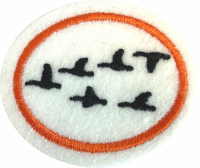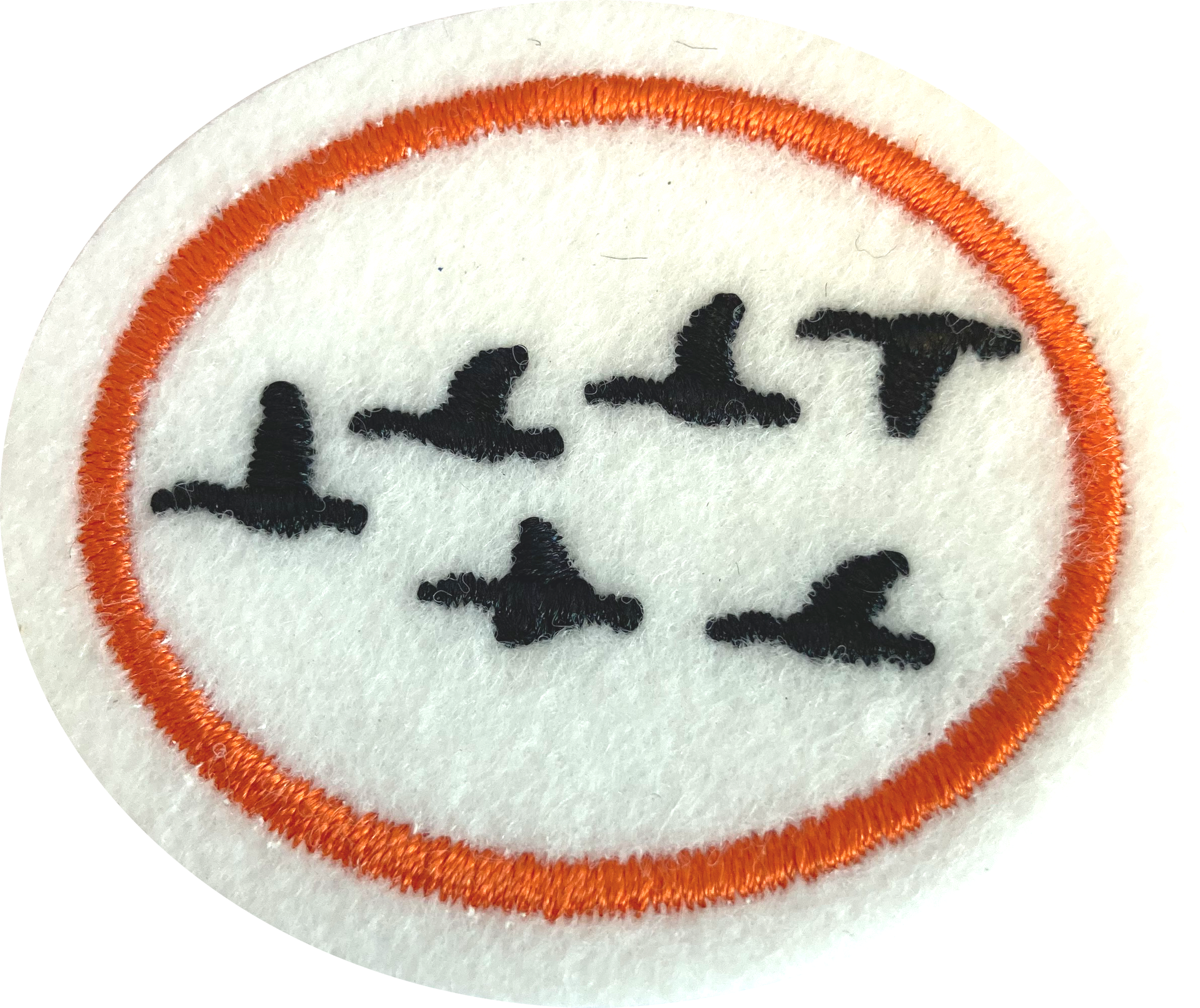Difference between revisions of "AY Honors/Migration/Requirements/es"
(Created page with "</noinclude>¿Qué es la migración? Dar una breve historia de cómo ha crecido la comprensión de la humanidad acerca de la migración animal. <noinclude>") |
(Created page with "</noinclude>¿Cuáles son algunas de las formas en que los animales saben cuándo y dónde ir? <noinclude>") |
||
| Line 9: | Line 9: | ||
<noinclude></noinclude><section end=req2 /></b> | <noinclude></noinclude><section end=req2 /></b> | ||
| − | <b>3. <section begin=req3 /><noinclude> | + | <b>3. <section begin=req3 /><noinclude></noinclude>¿Cuáles son algunas de las formas en que los animales saben cuándo y dónde ir? |
| − | </noinclude> | + | <noinclude></noinclude><section end=req3 /></b> |
| − | <noinclude | ||
| − | |||
<b>4. <section begin=req4 /><noinclude><div lang="en" dir="ltr" class="mw-content-ltr"> | <b>4. <section begin=req4 /><noinclude><div lang="en" dir="ltr" class="mw-content-ltr"> | ||
Revision as of 02:08, 12 April 2021
Nivel de destreza
1
Año
2021
Version
21.02.2026
Autoridad de aprobación
División Norteamericana
1. ¿Qué es la migración? Dar una breve historia de cómo ha crecido la comprensión de la humanidad acerca de la migración animal.
2. ¿Por qué migran los animales?
3. ¿Cuáles son algunas de las formas en que los animales saben cuándo y dónde ir?
4.What species of animals migrate? List two examples of each of the following:
- a.
Birds
- b.
Fish
- c.
Mammals
- d.
Insects
- e.
Amphibians
- f.
Reptiles
- g.
Crustaceans
5.
What are some dangers that migrating animals experience? Explain how the species of animals named above might encounter dangers in their migrations.
6.
State the difference between a complete, partial, and nomadic migration and identify species that practice each type.
7.
Describe at least three ways that humans can affect or disrupt animal migration patterns. What can be done to help solve these problems?
8.
Choose either the Arctic Tern, Caribou, Salmon, Monarch Butterfly, Great Migration, or other significant migration and collect the following information:
- a. Common name and scientific name
- b. Migration route (draw a diagram of the route taken and the estimated number in the migration)
- c. Migration distance
- d. Reasons for migration
Creatively present what you have discovered.
9.
How are migrating animals studied today? Give examples of three ways migrating animals can be tracked.
10.
How are human migrations similar to animal migrations and how are they different?
11.
Choose two Bible stories that mention a migration and discuss the purpose of the migration with your instructor.
- a.
Noah
- b.
Moses and the Exodus
- c.
Abraham
- d.
Joseph
- e.
Babylonian capture
- f.
Joseph & Mary as they fled to Egypt
- g.
Acts 8 Christian dispersion
- h.
Another of your choosing
12.
Do two of the following:
- a.
Participate in a conservation project that would make a positive impact for migratory animals.
- b.
Talk to your group, write about, or create a video describing your experience on the conservation project completed in option a. Be sure to include information about the animals your efforts will affect.
- c.
Watch a video about migration and share what you learned with your instructor.
- d.
Visit a zoo, animal park, or aquarium where there are migratory animals on display. Learn three things about one of the migratory animals you observed.
- e.
Take photographs of at least five migratory animals in the wild or captivity and share with your group.
- f.
Visit a common resting spot of migrating animals and identify as many different species as possible.


